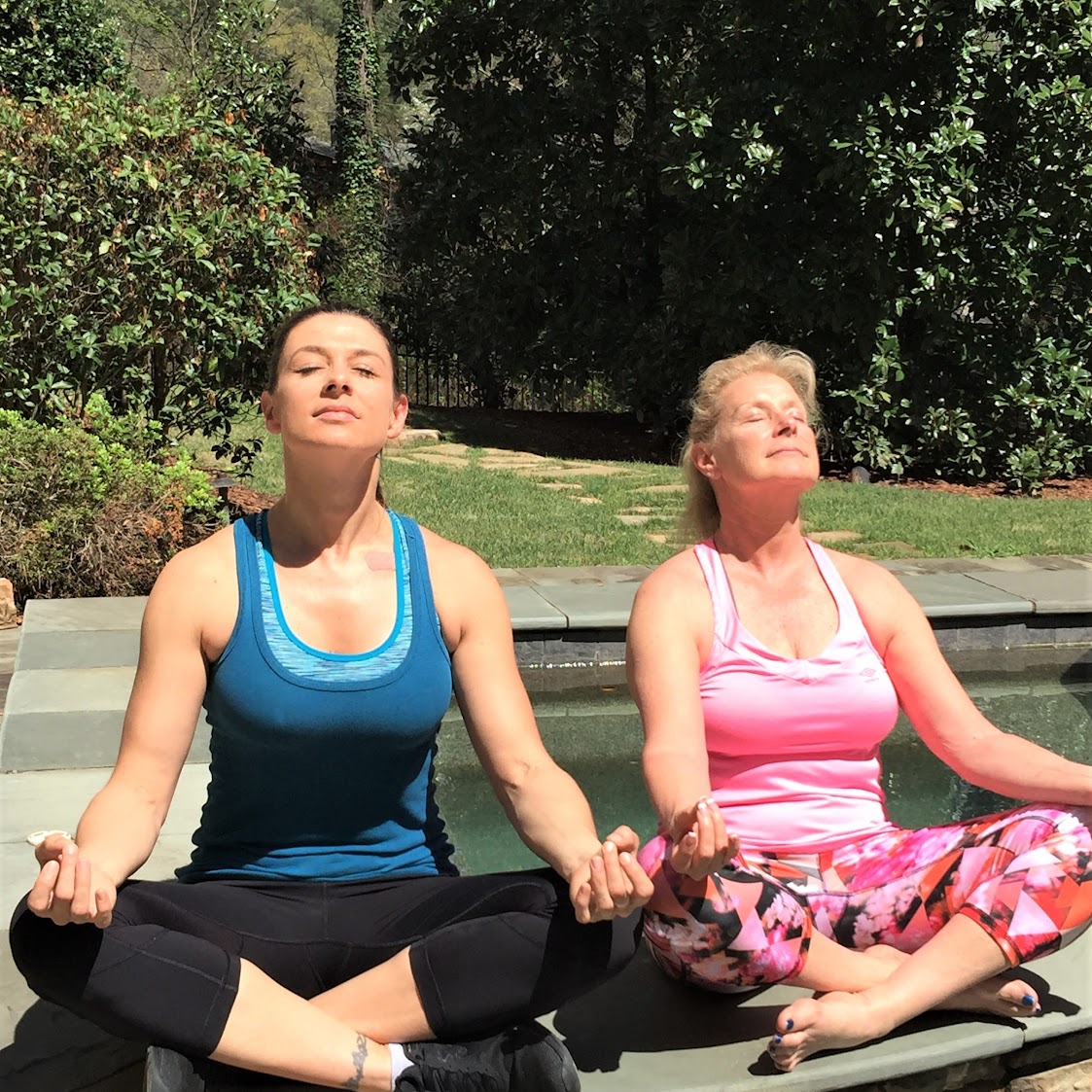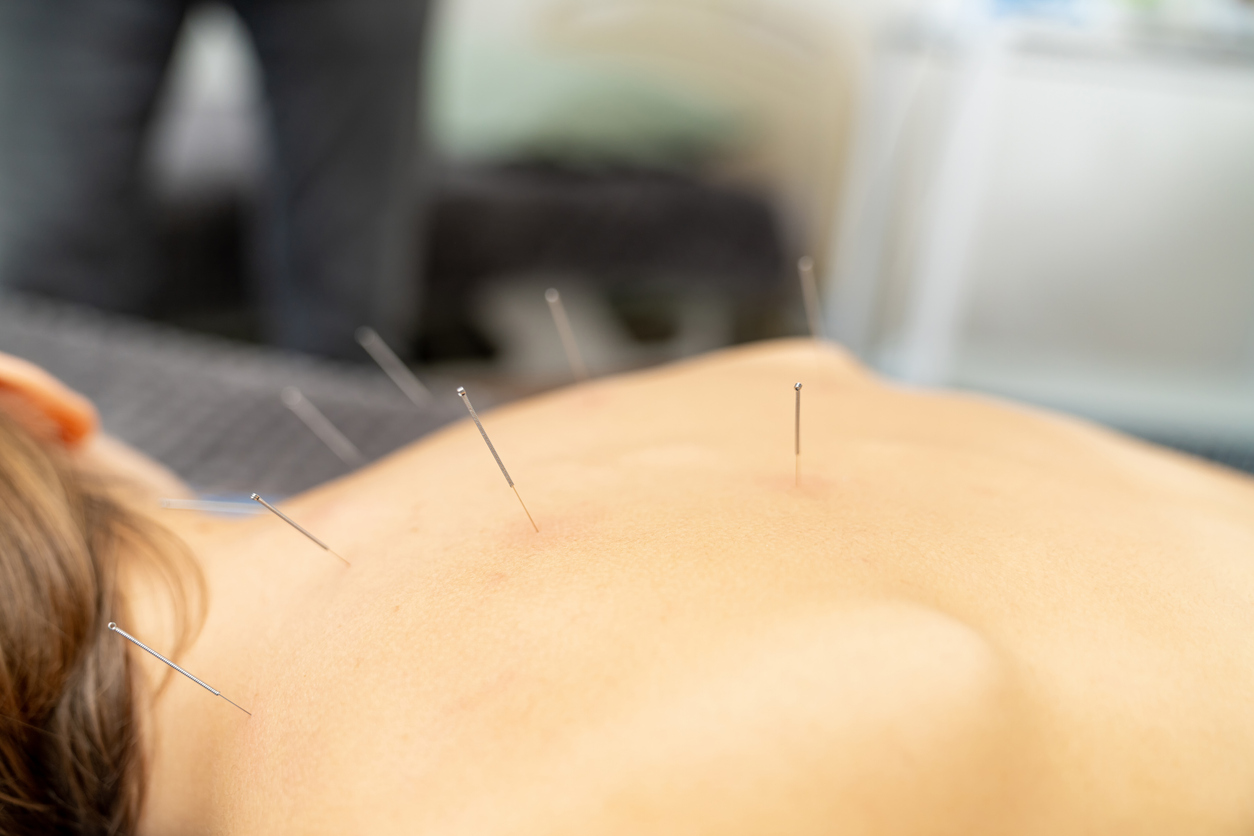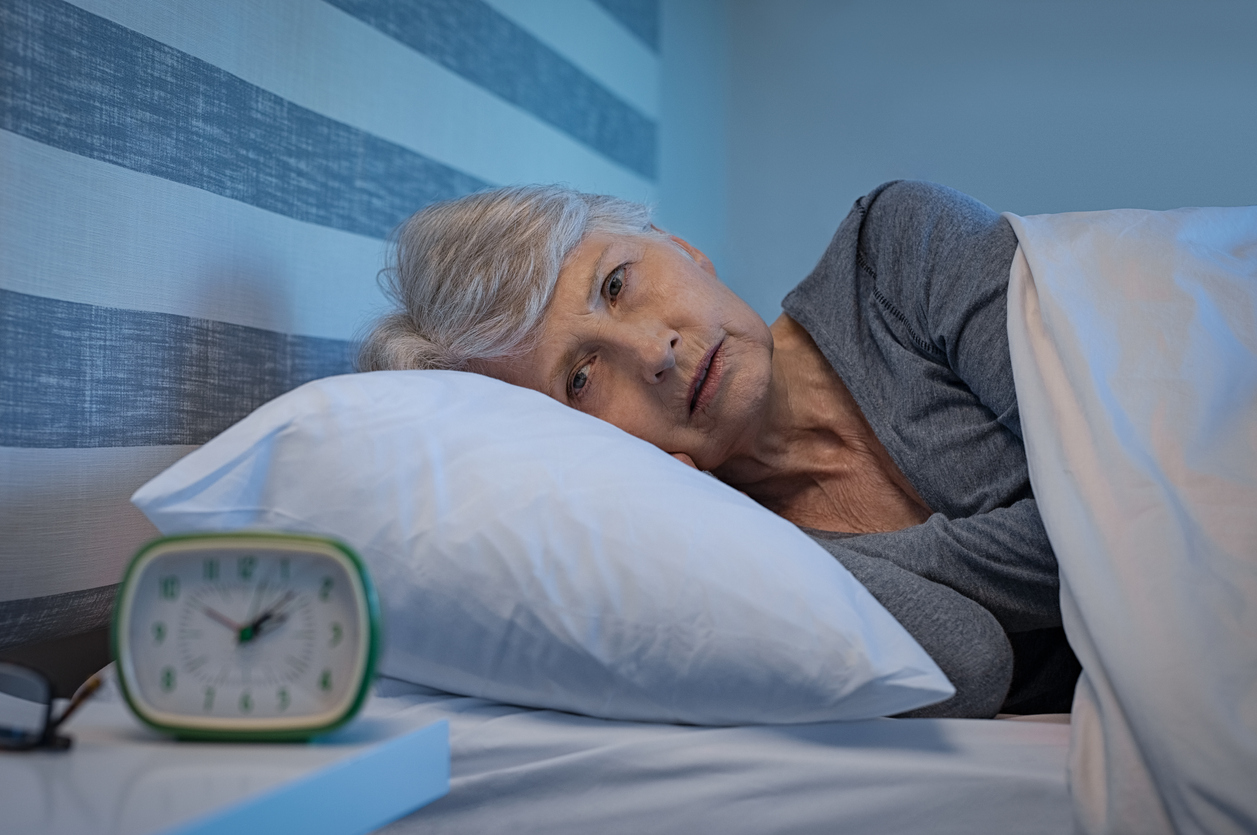7 Coping Strategies for Women Over 50 Dealing with Insomnia

Insomnia is a common sleep problem that can affect the overall quality of life. It can be a frustrating problem, especially for women over 50. Some of the common causes of Insomnia in older women are:
- Hormonal changes during menopause
- Medical conditions
- Lifestyle changes
- Stress
- Lack of stress
- Poor sleep habits and sleep environment
- Lack of social engagement, and many more.
If you’re struggling with insomnia and looking for the best treatment options, then I’ve got you covered! In this article, I’ll discuss some of the best treatment options that will help you get rid of Insomnia and improve your quality of life. So, let’s begin:
7 Coping Strategies to Deal with Insomnia

1. Establish A Sleep Routine

According to a study, more than 70% of adults in the world have a bad sleep schedule. Know that a bad sleep schedule will not only cause insomnia, but also cause type-2 diabetes, heart disease, dementia, obesity, and more.
If you’re a woman over 50, establishing a healthy sleep routine is crucial. Not only will it cure insomnia, but also prevent the risk of severe health conditions. You can do this by creating a sleep-conducive environment, with comfortable bedding, a cool temperature, and minimal noise and light.
2. Consider testosterone replacement therapy
As you age, your hormone level can get on the lower side. One such hormone is testosterone – a hormone that is commonly associated with men, but women also produce small amounts of it. Testosterone plays a role in many bodily functions, including sexual function, bone density, and muscle mass. When testosterone levels decline, they can lead to a range of symptoms, including insomnia.
However, opting for Testosterone replacement therapy and wellbeing (TRT) can help alleviate some of the symptoms of low testosterone in women. It involves taking a form of testosterone, either as a pill or a patch, to supplement the body’s natural levels. It’s important to note that TRT is not appropriate for everyone and should only be considered after a thorough evaluation by a healthcare provider.
3. Practice relaxation techniques

Practicing relaxation techniques can also help women over 50 cope with insomnia. Techniques such as deep breathing, meditation, and progressive muscle relaxation can help reduce stress and promote relaxation, making it easier to fall asleep.
These techniques can be incorporated into a pre-sleep routine or practiced throughout the day to help manage stress levels.
4. Avoid caffeine and alcohol
Caffeine and alcohol can both interfere with sleep, especially for women over 50. Caffeine is a stimulant that can keep you awake, while alcohol can disrupt sleep patterns and cause waking during the night.
Limiting caffeine intake to the morning hours and avoiding alcohol before bedtime can help improve sleep quality.
5. Incorporate exercise into your daily routine

Exercise is beneficial for both physical and mental health, and can also improve sleep quality. For women over 50, incorporating regular exercise into their daily routine can help promote restful sleep.
However, it’s important to note that intense exercise close to bedtime can interfere with sleep. Instead, try to exercise earlier in the day, such as in the morning or early afternoon, to allow time for the body to wind down before bedtime.
6. Consider natural sleep aids

Natural sleep aids, such as herbal teas, melatonin supplements, and aromatherapy, can also be helpful for women over 50 dealing with insomnia.
Herbal teas, such as chamomile or valerian root, can promote relaxation and improve sleep quality. Melatonin supplements, which are naturally produced by the body to regulate sleep-wake cycles, can be taken as a supplement to help regulate sleep patterns.
Aromatherapy, such as lavender essential oil, can also promote relaxation and improve sleep quality.
7. Consider Acupuncture

Acupuncture is a complementary therapy that involves inserting thin needles into specific points of the body. It has been used for centuries to treat a variety of health conditions, including insomnia.
Acupuncture is thought to work by stimulating the body’s natural healing processes and promoting relaxation. It can also help regulate the body’s natural sleep-wake cycle. While research on the effectiveness of acupuncture for insomnia is still limited, many people find it to be a helpful complementary therapy.
Read more about sleeping better after 50
Summing Up

Insomnia can be a frustrating and distressing problem for women over 50, but the above-mentioned coping strategies can help.
By implementing these strategies, women over 50 can improve their sleep quality, overall health, and quality of life. However, if you see no results after practicing these techniques, it’s always a good idea to consult a professional doctor. A professional will diagnose your symptoms and suggest the best treatment possible.
Are you suffering from insomnia after 50?
Drop your comments and let me know!
Until next time!






